1. The importance of nutrition for patients with prostate enlargement
The prostate is a small gland in the pelvis and is an important part of the male reproductive system. As you age, the prostate can enlarge in a condition called benign prostatic hyperplasia or benign prostatic hypertrophy.
According to Master, Doctor Nguyen Tran Thanh - Deputy Head of the Department of Urology - Andrology, Hospital 19-8, prostate enlargement is a normal physiological process in men. The disease usually appears in middle age. From about 40-50 years old, the size of the prostate in men grows rapidly.
Studies show that dietary and lifestyle changes can help slow prostate growth and support overall good health. Certain foods and drinks are known to affect prostate health because they affect testosterone and other hormones. Maintaining a balanced diet can help control symptoms and may also help reduce the risk of prostate cancer.
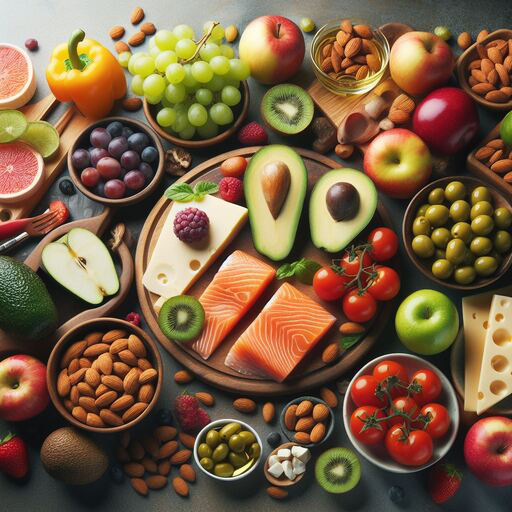
A diet with healthy foods is good for people with prostate enlargement.
Research shows that a diet rich in fruits, vegetables, and healthy fats helps improve prostate health and slows its growth. A healthy diet for men with an enlarged prostate should include plenty of fruits, vegetables, and healthy fats. Certain foods, such as salmon, tomatoes, and berries, may be especially beneficial.
A diet rich in fruits, vegetables, and healthy fats, rich in antioxidants, such as the Mediterranean diet, is beneficial for prostate health. Research shows that following this diet can slow prostate growth, improve health, and reduce the risk of developing prostate cancer.
MSc. Dr. Nguyen Tran Thanh said that men should increase their nutrition and use foods rich in antioxidants such as vegetables and fruits. Some good foods include: avocado, berries, beans, bell peppers... to prevent the risk of prostate enlargement.
2. Refer to the necessary nutrients for people with prostate enlargement
"Research that has explored the role of supplements in prostate health has shown positive results," said Quoc-Dien Trinh, MD, PhD, Chief of Urology, Brigham and Women's Faulkner Hospital, Co -Director of the Prostate Cancer Program, Dana-Farber Brigham Cancer Center, and Associate Professor of Surgery, Harvard Medical School. "But these findings are often observational, showing only associations and far from conclusive. "
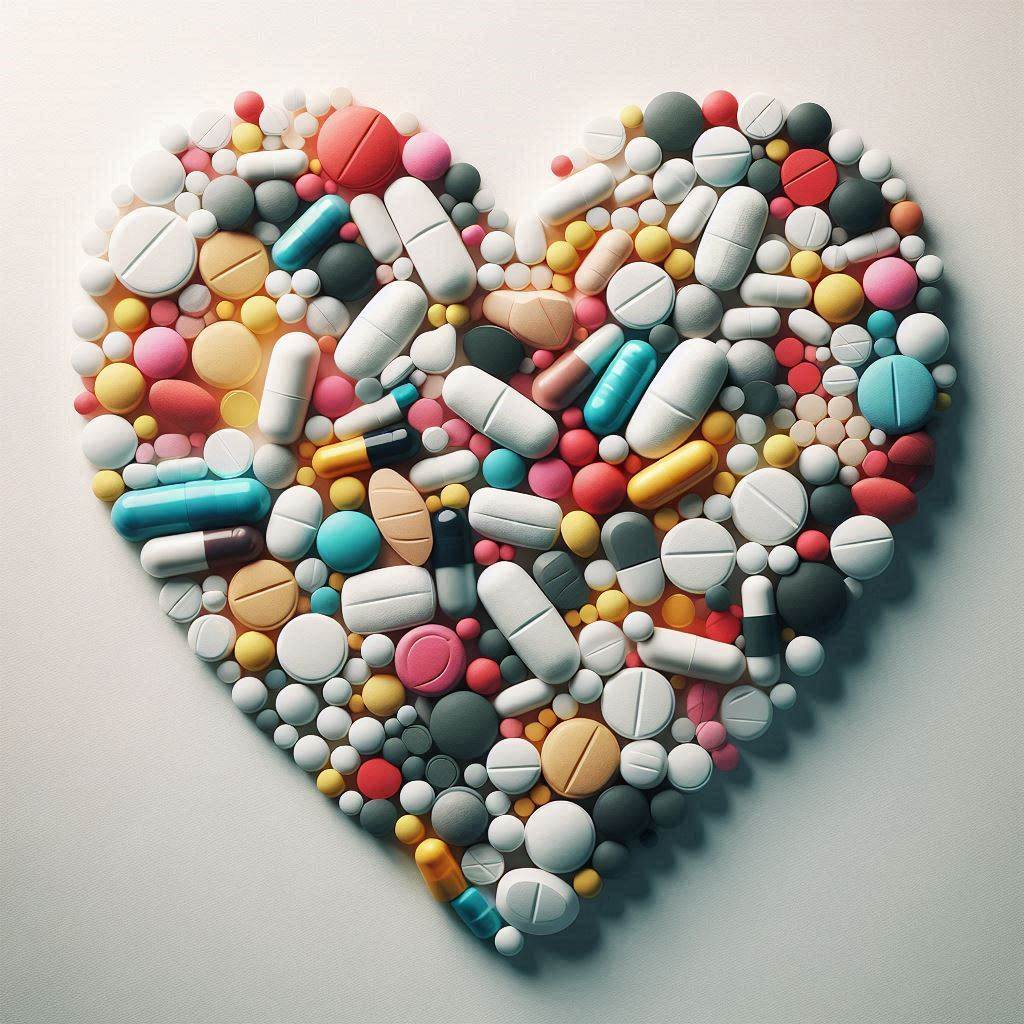
Instead of relying on supplements, you should increase foods containing vitamins and minerals that are beneficial for the health of people with prostate enlargement. Illustration photo.
Individual vitamins such as A, B, C, D, and E, multivitamins, and minerals such as calcium are helpful for men with enlarged prostates. Many prostate supplements contain various ingredients that are said to support prostate health, the most common of which are saw palmetto, selenium, zinc, and beta-sitosterol.
Selenium: Some studies suggest that the mineral selenium may play a protective role against prostate cancer and slow its progression, but other studies have not found any benefit. Therefore, which men may benefit from selenium supplementation and the appropriate dosage have not been determined.
Zinc: Prostate cells store more zinc than cells in any other human tissue, and this mineral plays a role in normal prostate function. Some basic science research suggests that zinc deficiency may increase the risk of prostate enlargement and prostate cancer. But observational studies of zinc supplementation have not shown consistent improvements in prostate health. In fact, taking high doses of zinc (100 milligrams per day) may actually increase the risk of prostate cancer.
Beta-sitosterol: A chemical called a plant sterol, beta-sitosterol is found in fruits, vegetables, nuts, and seeds. While it can lower cholesterol levels, it is also thought to reduce prostate swelling and improve symptoms of benign prostatic hyperplasia (BPH). However, it does not reduce prostate enlargement. A double-blind study published online July 3, 2020, by BMC Urology found that men who took saw palmetto oil enriched with beta-sitosterol daily for 12 weeks had improvements in BPH symptoms, including urine output.
Dr. Quoc-Dien Trinh also said: People with prostate enlargement should adopt a plant-based diet, such as the Mediterranean diet or the DASH diet. These diets emphasize eating plenty of fruits and vegetables (especially cruciferous vegetables), whole grains, nuts and olive oil, with fish being preferred over red meat. Research consistently shows that plant-based diets help reduce cholesterol levels, blood pressure and weight, helping to protect against heart disease.
Dr. Quoc - Dien Trinh, Associate Professor of Surgery, Harvard Medical School
What's good for the heart tends to be good for the entire body, including the prostate.
3. Some foods that people with prostate enlargement should eat regularly
Eating right can help control benign prostatic hyperplasia. Here is a list of some healthy foods that contain essential nutrients that help control symptoms of prostate enlargement, such as frequent urination, difficulty starting or stopping urination, and weak urine flow:
Whole grains: Whole grains like oatmeal, barley, quinoa, brown rice, are rich in fiber that supports overall health, which can help reduce inflammation.
Broccoli, dark green leafy vegetables : High in fiber and vitamins that help boost the immune system and reduce inflammation. Broccoli and other cruciferous vegetables, including bok choy, cauliflower, Brussels sprouts, and cabbage, contain a chemical called sulforaphane. This is thought to target cancer cells and promote a healthy prostate.
Berries: Strawberries, blueberries, and raspberries are excellent sources of antioxidants, which help remove free radicals from the body. Free radicals are byproducts of reactions that occur in the body that damage cells and cause disease over time.
Tomatoes: Tomatoes are rich in lycopene, an antioxidant that benefits prostate cells. Cooking tomatoes releases the lycopene and makes it easier for the body to absorb.
Fruits: Fruits are a great source of vitamins and antioxidants that help reduce inflammation. Some of the best fruits for a healthy prostate are grapes, apples, pomegranates, raspberries, blueberries, and watermelon. Oranges, lemons, and grapefruits are all high in vitamin C, which can help protect the prostate.
Nuts: Nuts are rich in zinc, a trace mineral. Zinc is found in high concentrations in the prostate, and is thought to help balance testosterone and androgens, which are male hormones. In addition to nuts, shellfish, and beans, zinc is also high in the mineral.
Beans: Beans like lentils and peas are high in fiber and antioxidants that help reduce inflammation.
Fish: Fish, especially fatty fish like salmon, are rich in healthy fats containing omega-3 fatty acids, which help prevent and reduce inflammation in the body. Other cold-water fish like sardines and tuna are also rich in these fats.
Herbs and spices: Herbs and spices like ginger and turmeric are great sources of antioxidants.
Healthy fats: Healthy fats in your diet are important. Healthy fats found in nuts, avocados, and fatty fish like salmon have been shown to reduce inflammation and improve overall health.
Water: Staying hydrated is important for people with an enlarged prostate. Hydration helps flush toxins from the body and reduces pressure on the bladder caused by an enlarged prostate. Drinking enough water also helps reduce the risk of urinary tract infections, a common side effect of an enlarged prostate. So, people with an enlarged prostate should aim to drink at least eight glasses of water a day.
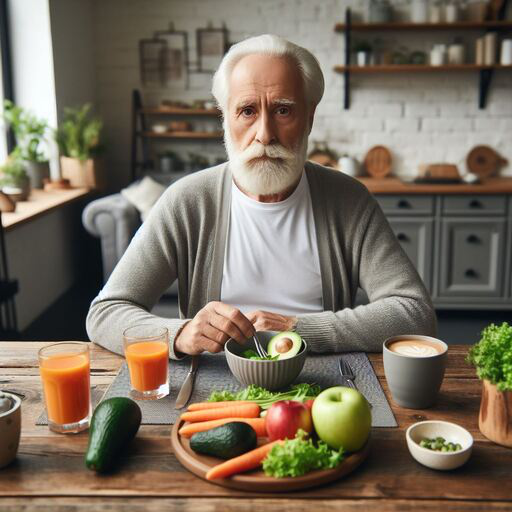
People with prostate enlargement should eat lots of fruits and vegetables rich in antioxidants. Illustration photo.
4. Foods that people with prostate enlargement should avoid or limit
A healthy diet for prostate enlargement is not just about eating good foods, but also about avoiding foods that are bad for the prostate, including:
Red meat: Red meat is high in saturated fat and increases inflammation. Reducing red meat consumption as part of a balanced diet is beneficial for prostate growth and muscle tone.
Caffeine: Caffeine is not good for prostate enlargement because it stimulates the bladder and increases the feeling of needing to urinate, increasing the frequency of urination. In addition, caffeine can cause the bladder to contract more strongly, causing pain and discomfort.
Alcohol: Heavy alcohol consumption can have adverse effects on many body systems, including the prostate. Research shows that alcohol also increases the risk of developing prostate cancer. Alcohol is a diuretic, causing you to urinate more frequently.
Additionally, alcohol can interfere with medications used to treat an enlarged prostate, such as alpha blockers. This can make it harder to reduce the size of the gland and control symptoms.
Spicy foods: People with an enlarged prostate should avoid spicy foods because they aggravate symptoms such as frequent urination and difficulty urinating. The spices in these foods irritate the bladder lining, leading to further inflammation, making symptoms worse. Spices also make urine more acidic, further irritating the prostate.
Processed meats: Processed meats, such as bacon and sausage, are high in saturated fat, which can increase inflammation and worsen symptoms of an enlarged prostate.
MSc. Dr. Nguyen Tran Thanh, Deputy Head of Department of Urology - Andrology, Hospital 19-8
An unhealthy diet high in animal fat, red meat, sugar and processed foods increases the risk of prostate cancer.
Dairy products: Dairy products like cheese and milk are not good choices for men with an enlarged prostate. They are high in saturated fat, which can lead to inflammation and make symptoms worse. Additionally, dairy products contain high levels of hormones that can increase prostate enlargement.
Sugar: Eating too many sugary foods often causes blood sugar spikes, which increases inflammation.
Salt: High salt intake increases urinary symptoms associated with an enlarged prostate. Reducing salt intake is beneficial for men with an enlarged prostate because it reduces inflammation and relieves symptoms. Eating less salt also leads to less water retention, which reduces pressure in the bladder, minimizing symptoms of an enlarged prostate.
In addition, people with prostate enlargement should limit their water intake after dinner, avoiding drinking water 2-3 hours before going to bed. Drinking too much water can increase urine production and make nocturia worse, leading to frequent trips to the bathroom throughout the night.
Source





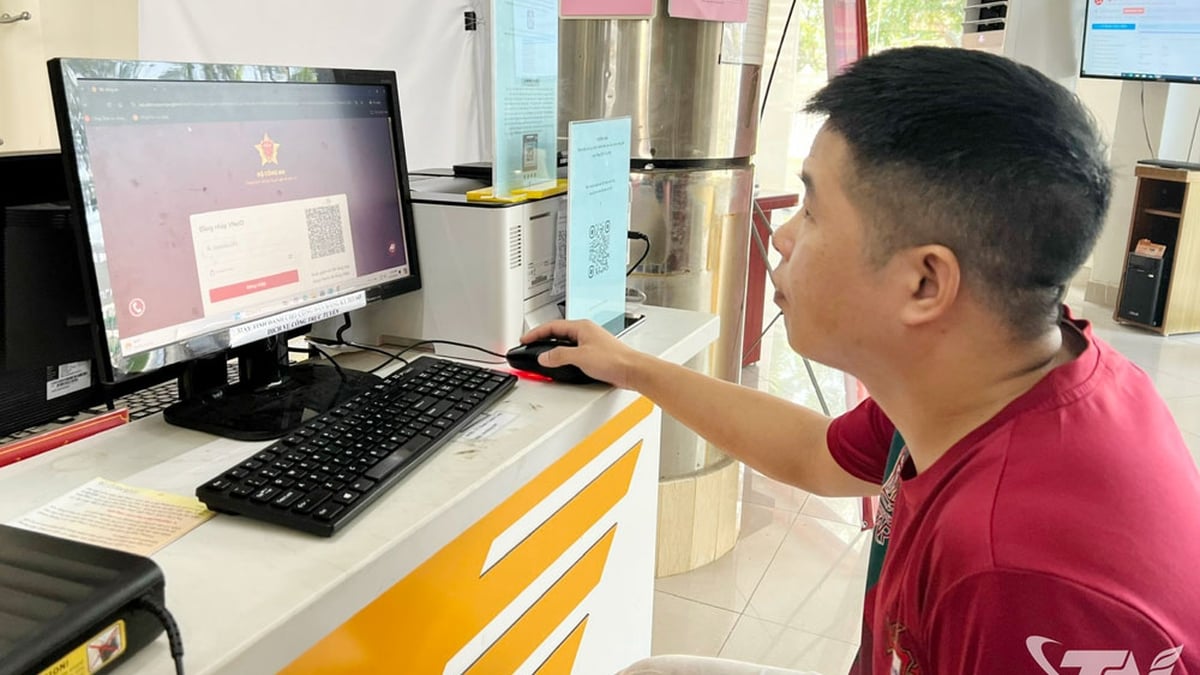

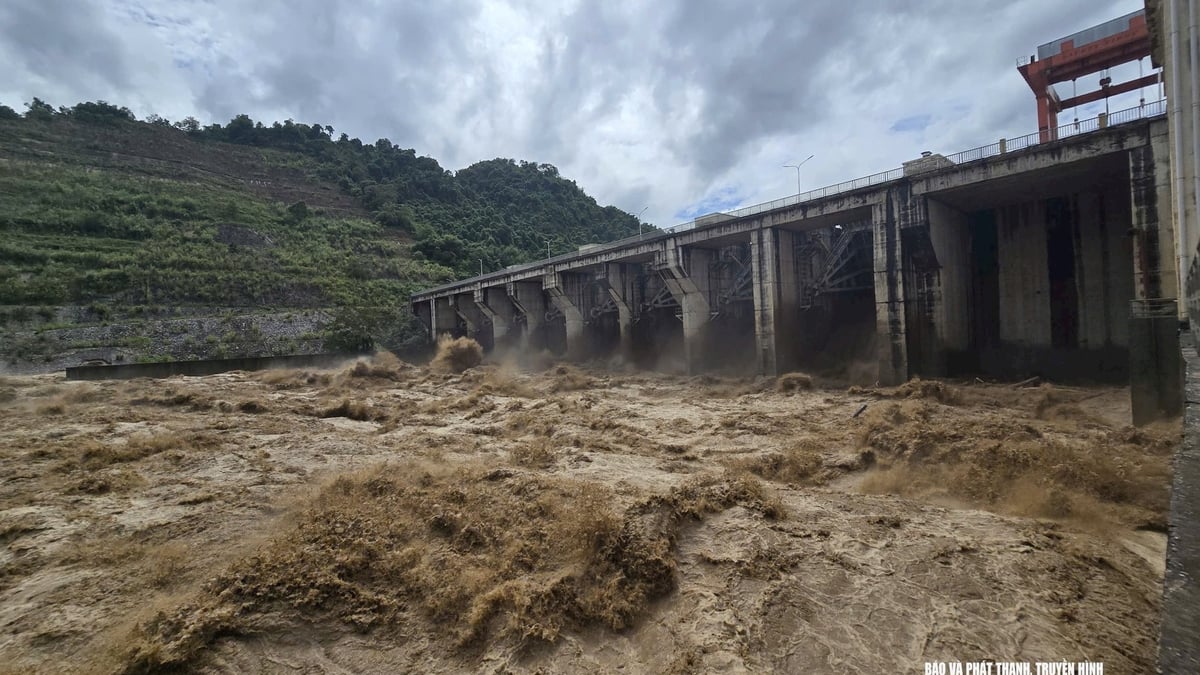




















![[Photo] Signing of cooperation between ministries, branches and localities of Vietnam and Senegal](https://vphoto.vietnam.vn/thumb/1200x675/vietnam/resource/IMAGE/2025/7/24/6147c654b0ae4f2793188e982e272651)










































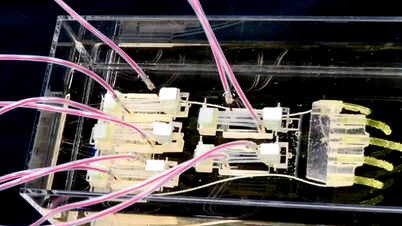

































Comment (0)